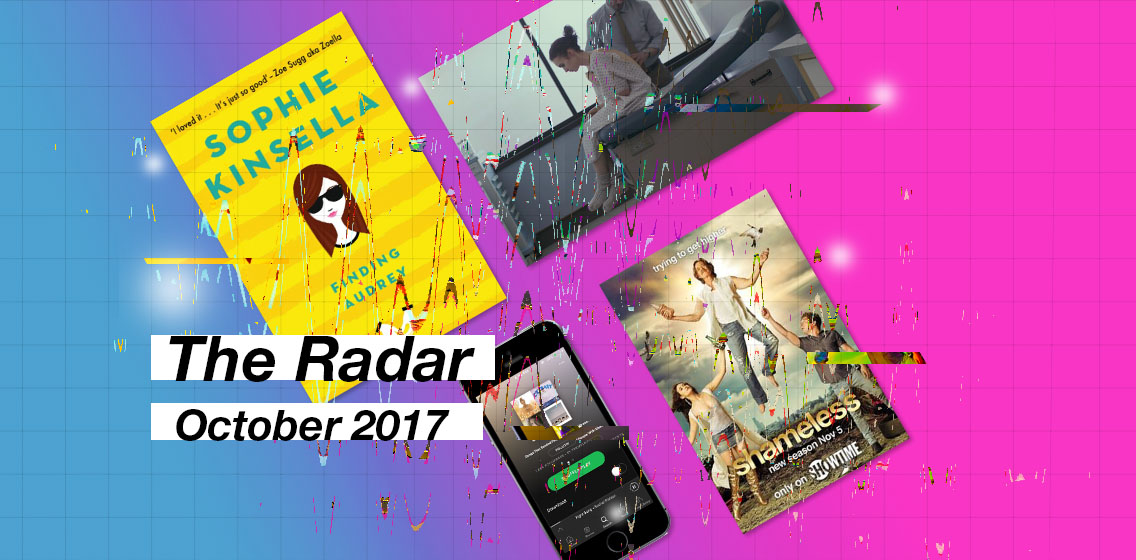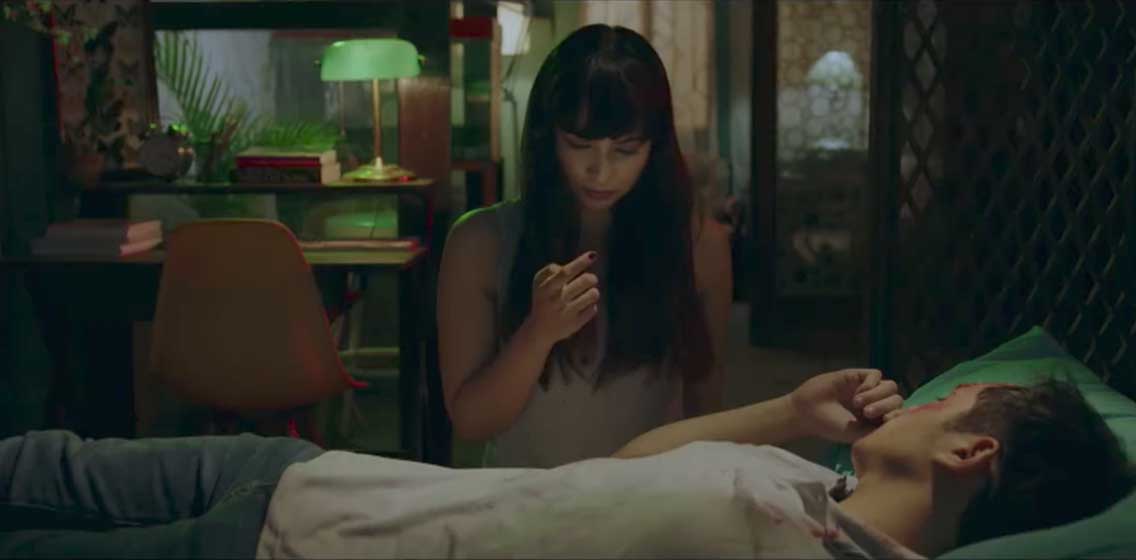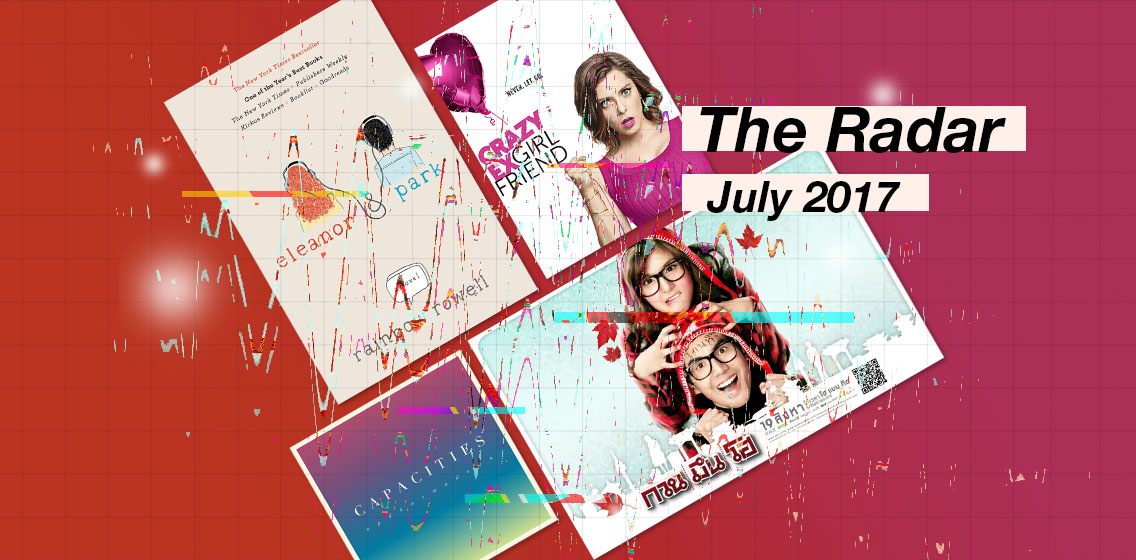The October Radar: #NotToday
Film: To the Bone (2017)
Sweat dripping, calories increasing, and lifespan diminishing—this is how the surface of eating disorders paved the way to the film’s message of self-acceptance and discovery. To the Bone tackles the spine-chilling cases of eating disorders, particularly anorexia nervosa. The film explores novelty—bare and well-structured but not limited to the basics.
The actors manifest the profound emotion of their characters, especially Lily Collins with her astounding performance and justifiable momentum as Ellen. The realism factor of actual survivors of disorders in the cast adds up to their dramatic convention. On top of it all, the real deal lies on the angle of the movie: it’s not always about the success, but also the battle itself.
The film is indeed beyond an eye-opener as it does not only inform audiences about the illness, but also shows the pain on the road to recovery. Although ambiguity taints the latter part, it still hits the bull’s eye as the depth of despair and the sharpness of truth—combined together—take on the main core of mental illness.
TV Series: Shameless (2011)
Produced by Paul Abbott and John Wells, Shameless is a comedy series focusing on the Gallagher Family—a clan that barely gets by each day with food stamps and minimum wage. The show stars Oscar-nominated actor William Marcy as Frank, a deadbeat dad who doesn’t seem good for anything besides getting wasted. Faced with the impossible task of taking care of their father, eldest daughter Fiona (Emmy Rossum) heads the household of seven comprised of her five siblings—each with their own uncanny issues.
Aside from being a successful TV series running for eight seasons and counting, Shameless also carries the reputation of properly portraying mental illnesses, something that’s exceedingly rare in the TV industry as the show tackles the raw experiences of those struggling with bipolar disorder, agoraphobia, anxiety, and OCD.
Although the show isn’t recommended for everyone because of explicit scenes portraying sex, drugs, violence, and the sort, Shameless still deserves to be watched, especially by those who want to see the real—and not always pretty—side of mental health.
Chasing away the blues: Songs to remind people that they’re not alone
Admit it, music is our therapy. Luckily, there are tons of playlists online that can be used for therapeutic purposes. This particular Spotify playlist is to assure people suffering from mental health issues that they are not alone. Coming straight from well-known pop artists, the tracks are a reminder that there have been countless who have been there, done that. Some artists include Rachel Platten who wrote Fight Song as a positive reminder to herself, lead Florence Welch from English indie rock band Florence + the Machine, mental health advocates Twenty One Pilots, Sia who herself has triumphed over mental health issues, and New Americana artist Halsey, who is fighting with bipolar disorder.
Similar to this, the mental health conversation site The Mighty offers more playlists that contain tracks fit either as a cheer-up mix or a serious note on suicide, depression, insomnia, chronic illnesses, and more. It’s a haven for music collections of self-medication—and with these, healing goes a long way in giving hope, one song at a time.
Book: Finding Audrey (2015)
Anxiety, bravery, remedy—Sophie Kinsella’s Finding Audrey is definitely the book in the shelf that’ll leave you both satisfied and stunned. A romantic contemporary YA tale explaining serious social issues like bullying and angst, the novel also has a sweet and charismatic touch.
As the title reveals, the story revolves around 14-year-old Audrey who suffers from Social Anxiety Disorder. She’s a girl comforted by the prison bars of her so-called “home,” who can’t even look at other people straight in the eye. But everything changed when Linus comes along, enticing Audrey to come outside again with his endearing notes and orange-slice smiles. But don’t expect the book to conform to the usual love-conquers-all or romance-cures-illnesses theme in most YA novels as Kinsella’s representation of SAD grasps reality and makes the novel a cut above its kind. Brimming with well-searched details about anxiety and panic attacks, it doesn’t come with trivializing nor damaging effects to its readers, especially those with SAD themselves.
Doubtlessly, we’re like Audrey at one point in our lives—a person pressured to brush the odds of life under the rug. Who doesn’t want a perfect life after all? Both enlightening and inspiring, this novel reminds readers that, sometimes, happy endings can take too long to achieve—two steps forward and one step backward each time.






